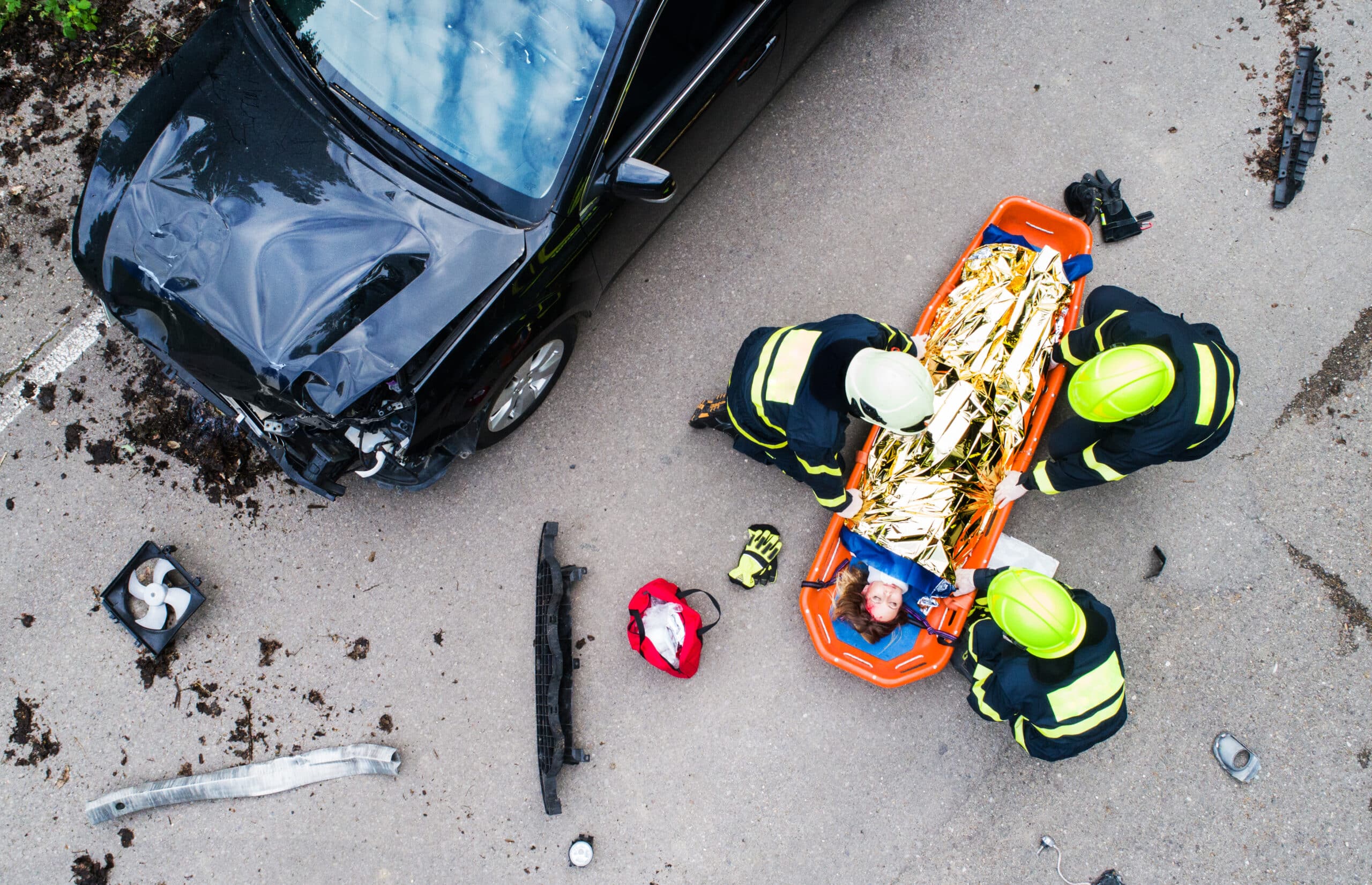Brain Trauma: Understanding Coup-Contrecoup Injuries and What They Can Mean for Your Recovery
Brain injuries are some of the most catastrophic injuries that can occur. Even mild traumatic brain injuries can cause cognitive impairment, dizziness, headaches, memory loss, and difficulty communicating clearly. In many cases, traumatic brain injuries heal over time, but they can take months or even years to heal completely, and some people may be left with permanent loss of ability. Coup-contrecoup injuries are a specific type of brain injury that is common following a car accident.
What Is a Coup-Contrecoup Injury?
A coup-contrecoup injury occurs when both sides of the brain are affected. The injury occurs at the site of the impact to the head as well as the opposite side of the brain. A good analogy for this is if you have something breakable like an egg in a jar, and you shake the jar. The egg is likely to be cracked or broken from both sides. In the case of a coup-contrecoup injury, your skull is the glass and your brain is the egg. The impact of the accident can cause your brain to move inside the skull enough to strike both sides.
How Do Coup-Contrecoup Injuries Happen During Vehicle Accidents?
Car accidents are the most common cause of coup-contrecoup brain injuries. This is because these accidents often happen with significant force — especially if the accident occurred at a decent speed — which causes the head to move rapidly from one direction to the other. This rapid movement shakes the brain inside the skull, causing the injury. For example, if you are in a head-on collision, your neck is likely to bend backward and then forward, with the skull and brain following. Whiplash injuries can co-occur with coup-contrecoup injuries. This type of injury can also be seen with blows to the head, such as if you were to smack your head off of the steering wheel in the accident.
How Can You Tell If You Have a Coup-Contrecoup Brain Injury?
It’s important to seek medical attention after a car accident so a doctor can assess you and determine the type and extent of your injuries. In many cases, this will include checking to see if you have head or brain injuries, such as a coup-contrecoup injury. However, it’s possible that these injuries can be missed, especially if there is no blunt force trauma.
Symptoms
Being aware of the symptoms of a coup-contrecoup injury can help you know when to follow up with your care provider. Here are some common signs:
- Dizziness
- Sensitivity to light and sound
- Slurred speech
- Vision problems, such as blurriness or difficulty focusing
- Headache
- Nausea
- Unexplained emotional and mood changes
- Memory loss
- Difficulty concentrating
If you’re experiencing any signs of a head injury, seek medical attention immediately.
Diagnostic Tests
If your doctor suspects that you may have a coup-contrecoup injury, there are specific diagnostic tests they can order. Computer tomography (CT) scans and magnetic resonance imaging (MRI) are the two main ways these types of injuries are diagnosed. These tests allow your doctor to see abnormalities and injuries within the brain to identify the injury and pinpoint the location of the injuries. If injuries are found on opposite sides of the brain, this indicates the presence of a coup-contrecoup injury.
How Are Coup-Contrecoup Injuries Treated?
How a coup-contrecoup injury is treated depends on its severity. In some cases, you may need continued monitoring for several days in the hospital to monitor the pressure inside your skull. You may also need additional tests done to determine if the injury is healing. Over the long-term, patients may need physical therapy and other interventions and assistance to help them get back to normal. It’s common for patients to be sensitive to light, sound, and motion for several weeks or months after the injury.
If you’ve received a coup-contrecoup or other brain injury in an accident, the team at Tehrani Law LLC can help you hold the other party responsible and potentially be awarded compensation. Call 301-939-0133 to speak with a member of our team and find out more.

 301-973-6510
301-973-6510 Email Us Now
Email Us Now




